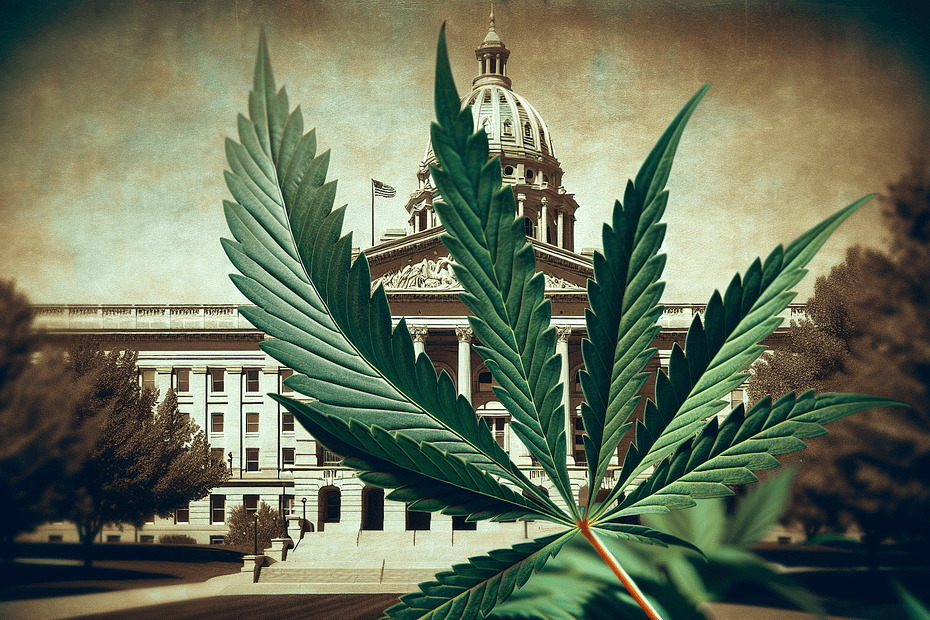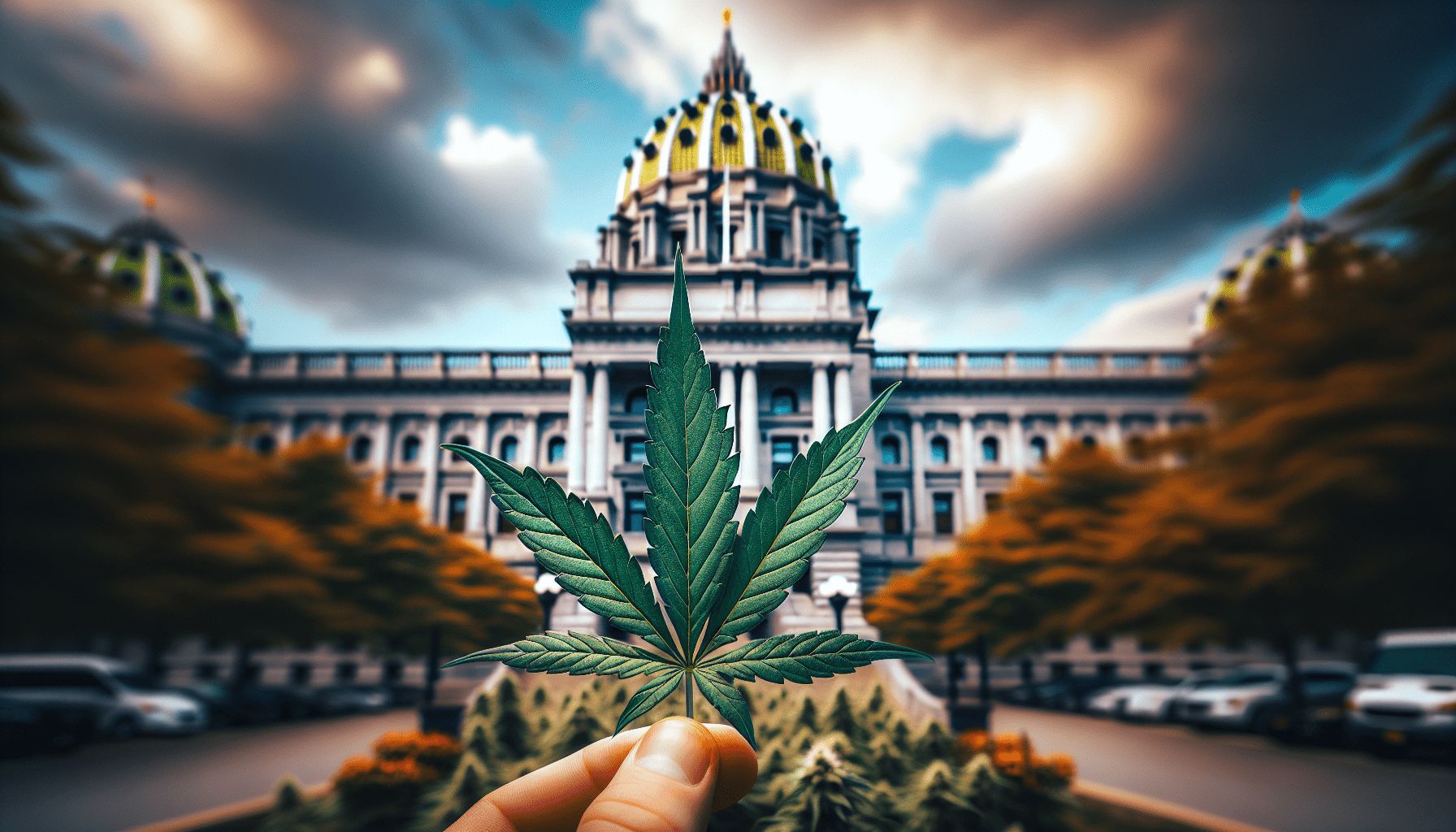Overview of Cannabis Laws In Pennsylvania
Are you curious about the current laws and regulations surrounding cannabis in Pennsylvania? From medical marijuana to decriminalization, the state has seen several changes in recent years. Let’s take a deeper look at the cannabis laws in Pennsylvania and how they may impact you.
Medical Marijuana Program
In 2016, Pennsylvania legalized medical marijuana, allowing qualified patients to access cannabis for medicinal purposes. The Medical Marijuana Program is governed by the Pennsylvania Department of Health and provides patients with a range of options for obtaining cannabis products. If you are a patient looking to benefit from medical marijuana, it is essential to understand the regulations and requirements set forth by the state.
Qualifying Conditions
To be eligible for the Medical Marijuana Program in Pennsylvania, patients must have a qualifying medical condition. Some of the conditions that may qualify you for medical marijuana include cancer, epilepsy, multiple sclerosis, and chronic pain. It’s crucial to consult with a healthcare provider to determine if your condition meets the criteria set by the state.
Obtaining a Medical Marijuana Card
To participate in the Medical Marijuana Program in Pennsylvania, patients must apply for a medical marijuana card through the state’s Department of Health. The application process involves registering with a certified medical professional, obtaining a recommendation, and submitting the necessary documentation. Once approved, patients can purchase medical marijuana from licensed dispensaries in the state.
Legal Protections for Patients
Patients registered in the Medical Marijuana Program are protected under Pennsylvania law from civil and criminal penalties related to the use of medical marijuana. However, it is essential to adhere to the regulations and guidelines established by the state to avoid any legal issues. Understanding your rights and protections as a medical marijuana patient is crucial for a safe and legal experience.
Recreational Cannabis Use
While medical marijuana is legal in Pennsylvania, recreational cannabis remains illegal. Possession, sale, and cultivation of cannabis for non-medical purposes are still considered criminal offenses in the state. It’s important to be aware of the laws surrounding recreational cannabis use to avoid any legal consequences. Efforts to legalize recreational cannabis in Pennsylvania are ongoing, but for now, only medical marijuana is permitted.
Decriminalization of Cannabis
In certain cities and municipalities in Pennsylvania, cannabis possession has been decriminalized. This means that individuals caught with small amounts of cannabis may face civil penalties rather than criminal charges. Decriminalization aims to reduce the burden on the criminal justice system and provide a more lenient approach to cannabis offenses. However, it’s crucial to understand the specific laws in your area to know the consequences of cannabis possession.
Hemp and CBD Regulations
In addition to medical marijuana, Pennsylvania has specific regulations regarding hemp and CBD products. Hemp-derived CBD is legal in the state as long as it contains less than 0.3% THC. These products are available for purchase in various forms, including oils, edibles, and topicals. Understanding the difference between hemp-derived CBD and medical marijuana is essential to ensure compliance with state laws.
Industrial Hemp Program
Pennsylvania has an Industrial Hemp Research Program that allows for the cultivation and processing of hemp for commercial purposes. This program is regulated by the Department of Agriculture and provides opportunities for farmers and businesses to participate in the hemp industry. Hemp cultivation must comply with state regulations to ensure quality and safety standards are met.
Penalties for Cannabis Offenses
Despite the legalization of medical marijuana and decriminalization efforts, cannabis offenses in Pennsylvania can still result in fines, probation, and even incarceration. Possession of large quantities of cannabis, distribution, and cultivation without proper licensing are considered serious offenses under state law. It’s crucial to understand the penalties for cannabis-related offenses to avoid legal repercussions.
Future of Cannabis Laws in Pennsylvania
As attitudes toward cannabis continue to evolve, Pennsylvania may see further changes in its cannabis laws in the future. Efforts to legalize recreational cannabis, expand the Medical Marijuana Program, and promote hemp cultivation are ongoing. Staying informed about proposed legislation and regulatory updates can help you navigate the ever-changing landscape of cannabis laws in Pennsylvania.
Conclusion
In conclusion, understanding the current laws and regulations surrounding cannabis in Pennsylvania is essential for both patients and the general public. Whether you are a medical marijuana patient, a consumer of CBD products, or simply interested in the cannabis industry, staying informed about the legal framework is crucial. By knowing your rights and responsibilities under state law, you can safely and legally participate in Pennsylvania’s cannabis landscape.





